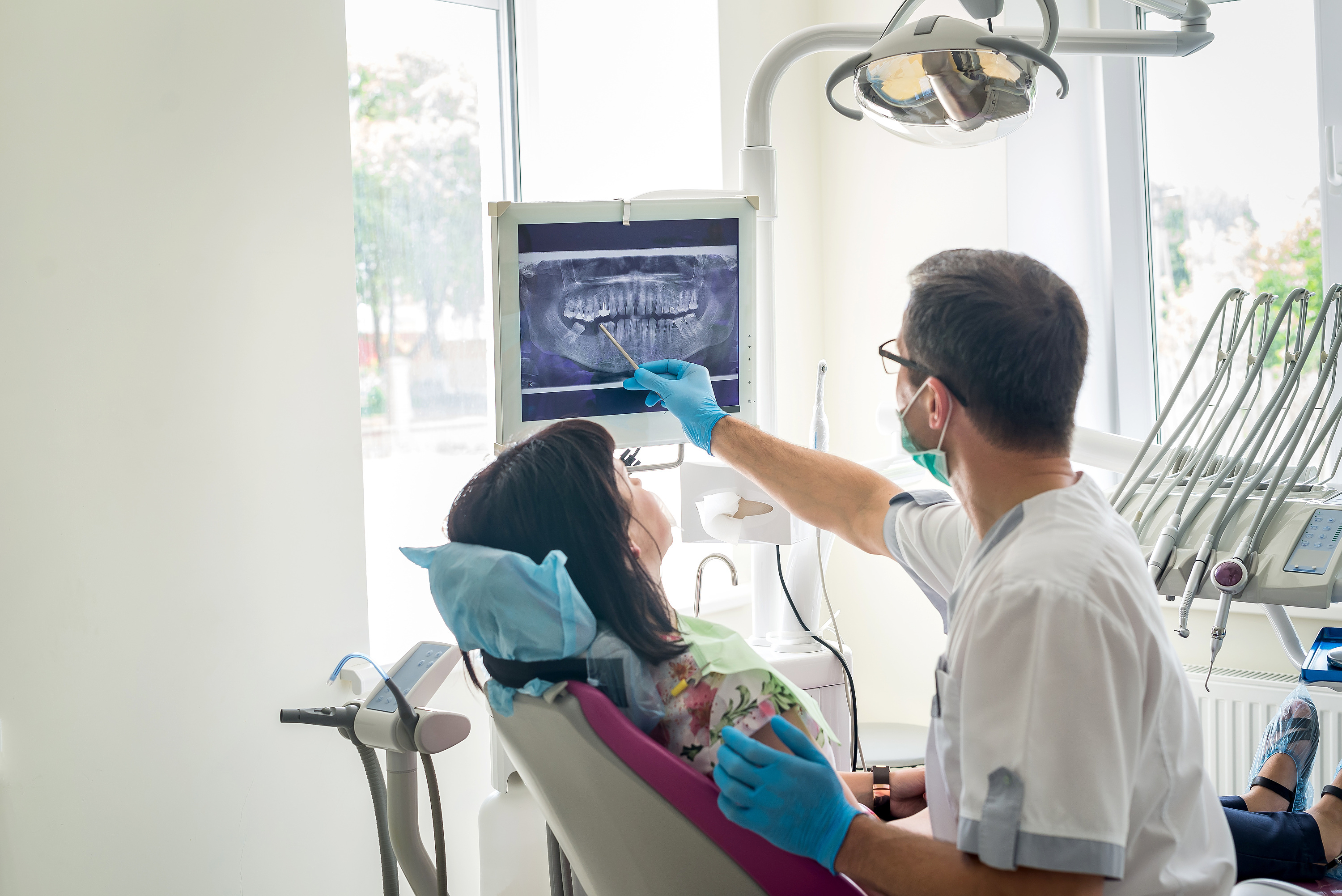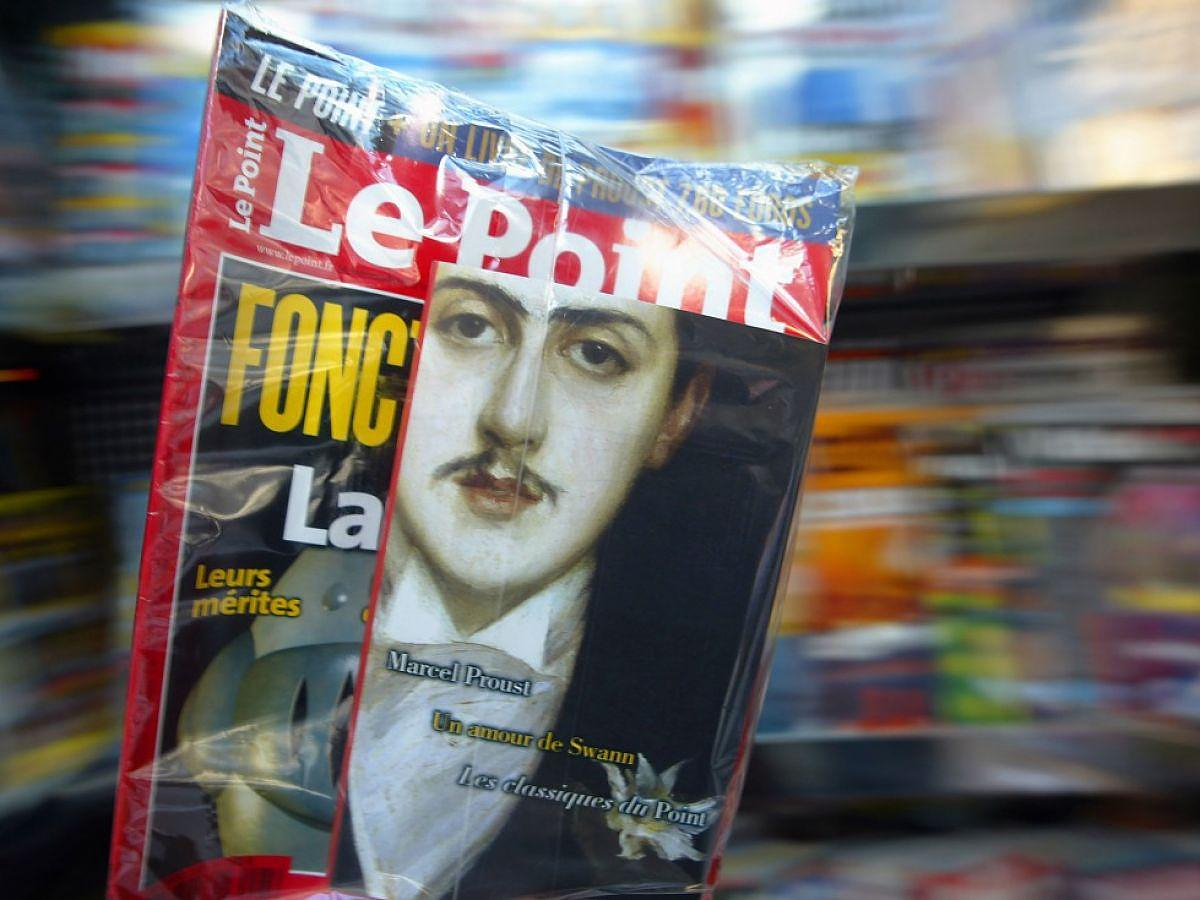Frequent cannabis Smoking, and high amounts of the psychoactive substance THC favor psychosis. A large study in the journal "The Lancet Psychiatry," with 900 patients confirmed this, provided at the end of March alarming Figures: high-potent Cannabis is therefore, in large European cities for 12 percent of the first disorders to psychosis responsible. In London, almost 30 per cent, and in Amsterdam even 50 percent.
Mr. Quednow, you will have to deal with the risks of Cannabis. Surprise you the findings of the British researchers?
The high proportion of Intensive users among the psychosis patients in Amsterdam and London, I did not expect so. The Figures may be a little too high. It is assumed that average consumption of 10 to 13 percent of the psychoses to Cannabis. This is already quite a lot.
According to the study, increases the risk of Psychosis in daily consumption three-fold, and with a high THC content, even quintupled. How high is the risk for a kiffenden young people?
Chronic psychoses are rare psychiatric disorders. About one percent of the population suffered from it in the course of life. Intensive cannabis use increases this risk to about five percent.
One of the 20 intensive stoners get so paranoid?
So it seems to be. The psychosis-risk is certainly problematic, but I think that others will weigh even heavier. The risk is increased in the case of regular cannabis users six-fold, to develop four to five years later, to a substance use disorder. The is massive. Who's got the reefer in the youth intensive, and later disease, a greatly increased risk for all types of addiction.
"The impact on the intellectual development is now well documented."Boris Quednow, pharmaco-psycho-Loge at the Psychiatric University hospital of Zurich
the question is: What came first, the Cannabis or the disease?
In the case of the psychoses, there is this debate for a good 30 years: Cannabis, psychosis, or psychosis to cannabis use? Ultimately, we can be a causality never prove it. But in the meantime, there are so many studies clearly indicate that cannabis use actually psychosis triggers. Also, most of the experts today. We definitely know enough to take on a health policy level this assumption.
Are there other risks?
in addition to the psychosis and addiction disorders, the influence on the intellectual development of young people is intense, consumers are now well documented. Over 20, 30 years don't want to lose in the comparison to consumer IQ-points. The Affected, on average, have lower grades, lower educational qualifications and, more generally, in the lifetime of poorer opportunities. In addition, correlations to anxiety and Depression, at least for heavy users.
What is with the immediate effects of the Kiffens?
as Long as someone is under the influence of Cannabis, he or she has cognitive impairments, i.e., attention and memory problems, and difficulty with complex problem - solving or planning tasks. In the case of daily consumers, these problems will remain even in the daytime. THC remains long in the body and disappears after intensive consumption only after weeks or months of total abstinence. While in adults, the limitations to abstinence disappear completely, stay with young people but, apparently, in part.
there Is a age at which Cannabis is low risk?
will be started When only mid-20s, when the brain is fully developed, then the risk for psychosis, dependence and cognitive long-term damages to a minimum.
The new study supports that Intensive use is problematic. This speaks for a legalization?
There are people who now say we must protect consumers from the highly potent substance, by offering a state-controlled, lower-risk Cannabis legal. I think that's a miscalculation. The Problem is that many consumers ask the high dose of Cannabis, and it would certainly still be offered in black, also the young people. In the US States that have legalized in the last few years Cannabis has increased, the consumption in total. How lasting this effect is, we don't know yet. My biggest concern with legalization would be that – as it is now in Canada and the United States, big tobacco companies get in and you can't go back because of a strong Lobby, and versatile financial interests. Even if you realize that the issues are the legalization, not less, but more.
In Switzerland are to be allowed Trials. Make sense?
There are various approaches that are interesting. To be able to long-term effects observed, might have a larger and longer pilot tests of advantage. We could simply wait for a few more years and see what happens in the United States. There are legions of scientists to accompany the legalization. Basically, I think we should decriminalize the consumption. In the sale I am still ambivalent. You would have to prevent in any case that the dissemination among young people is increasing. This could however be a very difficult task.
This Interview was first broadcast on 26. March 2019 published. (Sunday newspaper)
Created: 01.05.2019, 19:23 PM

 His body naturally produces alcohol, he is acquitted after a drunk driving conviction
His body naturally produces alcohol, he is acquitted after a drunk driving conviction Who is David Pecker, the first key witness in Donald Trump's trial?
Who is David Pecker, the first key witness in Donald Trump's trial? What does the law on the expulsion of migrants to Rwanda adopted by the British Parliament contain?
What does the law on the expulsion of migrants to Rwanda adopted by the British Parliament contain? The shadow of Chinese espionage hangs over Westminster
The shadow of Chinese espionage hangs over Westminster What High Blood Pressure Does to Your Body (And Why It Should Be Treated)
What High Blood Pressure Does to Your Body (And Why It Should Be Treated) Vaccination in France has progressed in 2023, rejoices Public Health France
Vaccination in France has progressed in 2023, rejoices Public Health France Food additives suspected of promoting cardiovascular diseases
Food additives suspected of promoting cardiovascular diseases “Even morphine doesn’t work”: Léane, 17, victim of the adverse effects of an antibiotic
“Even morphine doesn’t work”: Léane, 17, victim of the adverse effects of an antibiotic Collection of booklet A stalls in March
Collection of booklet A stalls in March Kering expects a 40 to 45% drop in operating profit in the first half
Kering expects a 40 to 45% drop in operating profit in the first half Smartphones, televisions, household appliances… MEPs adopt a “right to repair”
Smartphones, televisions, household appliances… MEPs adopt a “right to repair” Fintechs increasingly focused on business services
Fintechs increasingly focused on business services The standoff between the organizers of Vieilles Charrues and the elected officials of Carhaix threatens the festival
The standoff between the organizers of Vieilles Charrues and the elected officials of Carhaix threatens the festival Strasbourg inaugurates a year of celebrations and debates as World Book Capital
Strasbourg inaugurates a year of celebrations and debates as World Book Capital Kendji Girac is “out of the woods” after his gunshot wound to the chest
Kendji Girac is “out of the woods” after his gunshot wound to the chest The Court of Auditors scrutinizes the management and projects of the Center Pompidou
The Court of Auditors scrutinizes the management and projects of the Center Pompidou Skoda Kodiaq 2024: a 'beast' plug-in hybrid SUV
Skoda Kodiaq 2024: a 'beast' plug-in hybrid SUV Tesla launches a new Model Y with 600 km of autonomy at a "more accessible price"
Tesla launches a new Model Y with 600 km of autonomy at a "more accessible price" The 10 best-selling cars in March 2024 in Spain: sales fall due to Easter
The 10 best-selling cars in March 2024 in Spain: sales fall due to Easter A private jet company buys more than 100 flying cars
A private jet company buys more than 100 flying cars This is how housing prices have changed in Spain in the last decade
This is how housing prices have changed in Spain in the last decade The home mortgage firm drops 10% in January and interest soars to 3.46%
The home mortgage firm drops 10% in January and interest soars to 3.46% The jewel of the Rocío de Nagüeles urbanization: a dream villa in Marbella
The jewel of the Rocío de Nagüeles urbanization: a dream villa in Marbella Rental prices grow by 7.3% in February: where does it go up and where does it go down?
Rental prices grow by 7.3% in February: where does it go up and where does it go down? Europeans: “All those who claim that we don’t need Europe are liars”, criticizes Bayrou
Europeans: “All those who claim that we don’t need Europe are liars”, criticizes Bayrou With the promise of a “real burst of authority”, Gabriel Attal provokes the ire of the opposition
With the promise of a “real burst of authority”, Gabriel Attal provokes the ire of the opposition Europeans: the schedule of debates to follow between now and June 9
Europeans: the schedule of debates to follow between now and June 9 Europeans: “In France, there is a left and there is a right,” assures Bellamy
Europeans: “In France, there is a left and there is a right,” assures Bellamy These French cities that will boycott the World Cup in Qatar
These French cities that will boycott the World Cup in Qatar Football: VAFC supporters are ironic after their descent into National
Football: VAFC supporters are ironic after their descent into National Tennis: Carlos Alcaraz should play in Madrid
Tennis: Carlos Alcaraz should play in Madrid Football: victim of discomfort in the middle of a match in mid-April, Evan Ndicka will resume training with AS Roma
Football: victim of discomfort in the middle of a match in mid-April, Evan Ndicka will resume training with AS Roma Ligue 1: PSG almost champion, OM, shock for the C1… 5 reasons to follow an exciting evening
Ligue 1: PSG almost champion, OM, shock for the C1… 5 reasons to follow an exciting evening


















